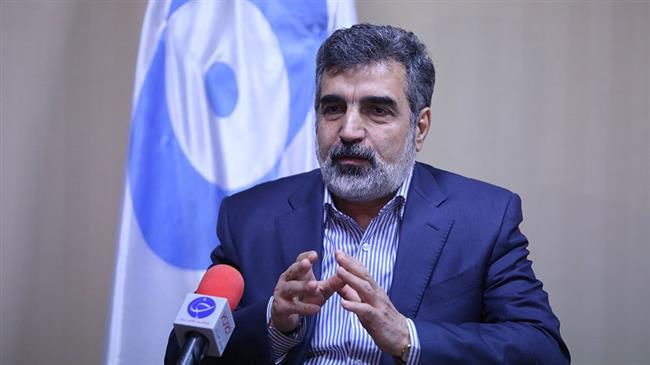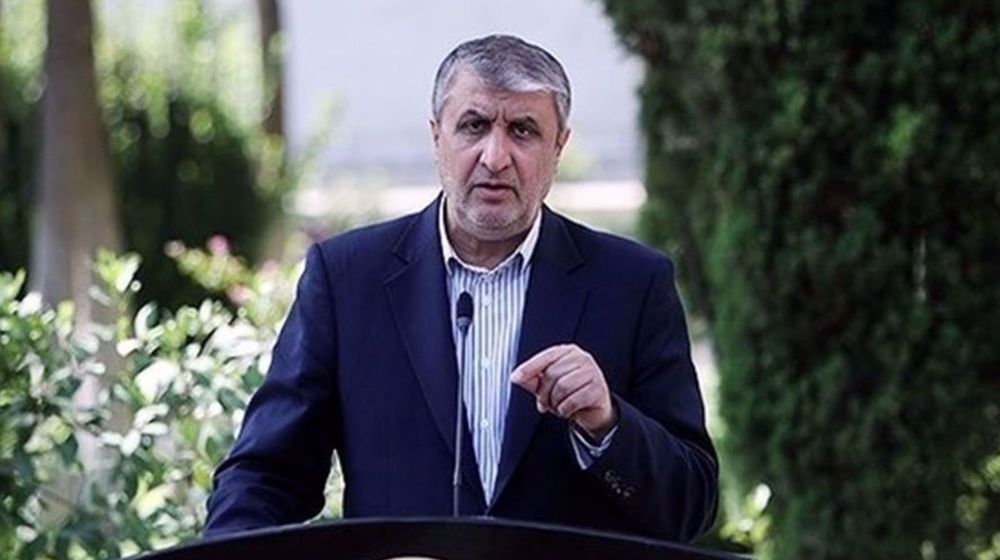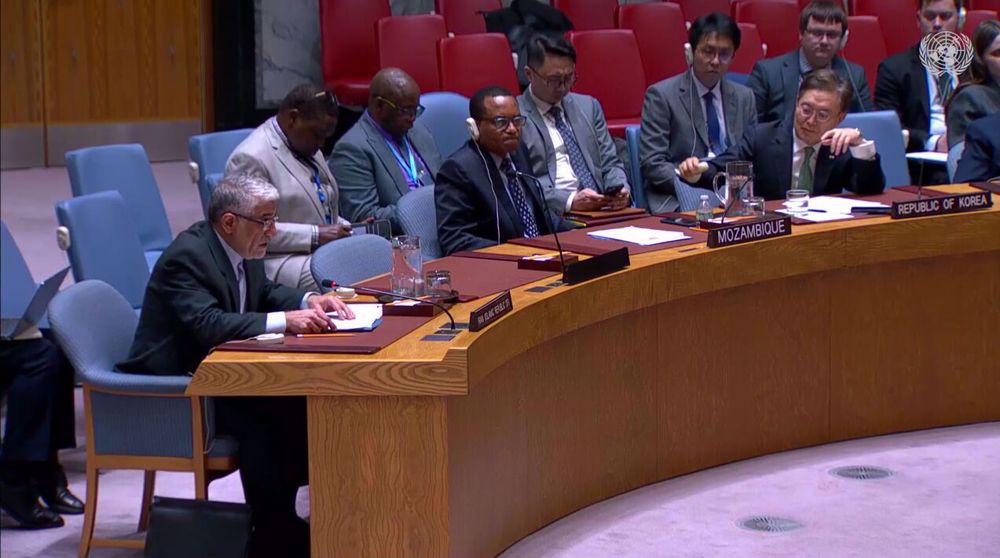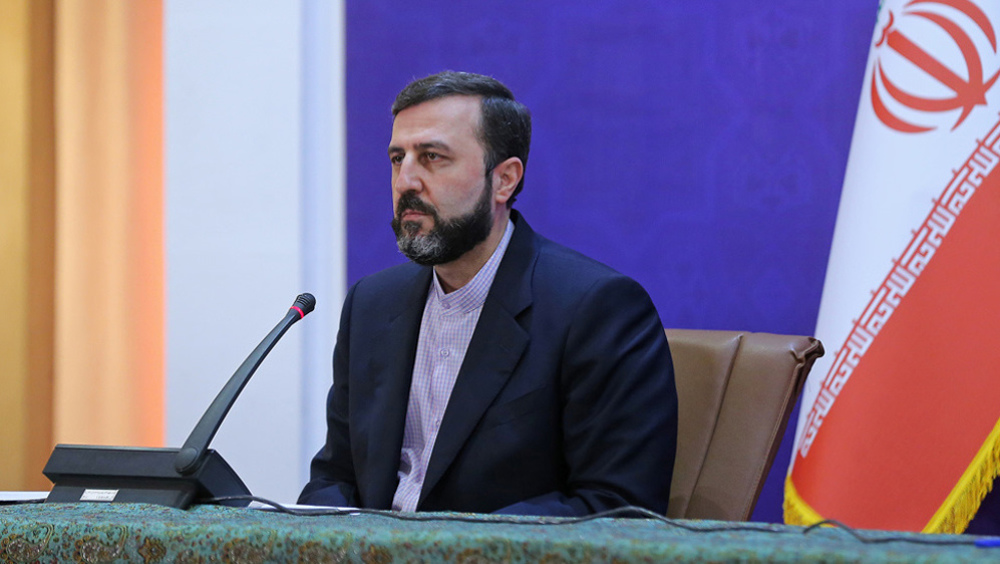Iran to start constructing re-designed Arak heavy reactor soon: AEOI
The spokesman for the Atomic Energy Organization of Iran (AEOI) says the country will soon start re-building the Arak heavy water reactor once China finishes examining the last phase of the re-designing process.
China and Iran “have had several contracts that are now operational and various steps of conceptual, basic and detailed designing are completed and after that the construction phase will begin,” Behrouz Kamalvandi said in an interview with the Young Journalists’ Club (YJC) published on Wednesday.
“According to the timetable, we have fortunately made good progress, and the detailed stage has been completed on our part and delivered to the Chinese side, which, after their approval, will enter the next stage within 2 to 3 months, that is, we'll start the next phase of building and [installing the reactor’s] equipment,” he added.
Kamalvandi said the US withdrawal from the Iran nuclear deal would not affect the re-designing process and noted that the Chinese side has reaffirmed its commitment to the JCPOA, and the Arak reactor re-designing.
In April 2017, Iran and China signed the final version of a contract to redesign and modernize the Arak heavy water reactor in central Iran, an important step in line with the implementation of the JCPOA.
Read more:
According to the agreement, China undertook to review the new design of the Arak reactor made by the Iranian experts and confirm its compliance with the international safety standards of the International Atomic Energy Agency.
Iran is redesigning the 40-megawatt Arak research reactor to sharply cut its potential output of plutonium.
Elsewhere in his interview, Kamalvandi said Iran might begin uranium enrichment at Fordow facility and install new nuclear equipment at Natanz site if the JCPOA collapses.
He said that new work would begin on the nuclear program on the orders of Leader of the Islamic Revolution Ayatollah Seyyed Ali Khamenei.
“Currently the Leader has ordered that the programs be carried out within the framework of the JCPOA. Once he gives the order we will announce the programs outside of the JCPOA for reviving Fordow,” he added.
Regarding activities at Natanz nuclear facility after any collapse of the JCPOA, Kamalvandi said new advanced centrifuge machines would be installed at the site.
Read more:
Under the JCPOA, the Fordow plant was to stop enriching uranium and be converted into a nuclear, physics and technology center.
Last week, the head of the AEOI, Ali Akbar Salehi, said the country has begun work to prepare the infrastructure for building advanced centrifuges at the Natanz enrichment facility, while respecting its commitments under 2015 nuclear deal.
On May 8, US President Donald Trump announced Washington's pullout from the nuclear deal, vowing to reinstate nuclear sanctions on Iran and impose “the highest level” of economic bans on the Islamic Republic.
Iran has said it will remain committed to the deal for the time being, pending negotiations with other signatories to the JCPOA to see if Iran’s interests would still be protected under an accord without the US.
‘Ghost town’: 70% of Jabalia buildings destroyed by Israel
Mother’s Day: Sareh Javanmardi’s inspiring journey as Paralympic champion and mother
Russia downs over 40 Ukrainian drones as Putin vows 'destruction' on Kiev
VIDEO | Yemen: A bone in Israeli neck
D-8’s role in Iran’s economy after Cairo summit
China slams US as ‘war-addicted’ threat to global security
China ‘firmly opposes’ US military aid to Taiwan
VIDEO | Press TV's News Headlines











 This makes it easy to access the Press TV website
This makes it easy to access the Press TV website